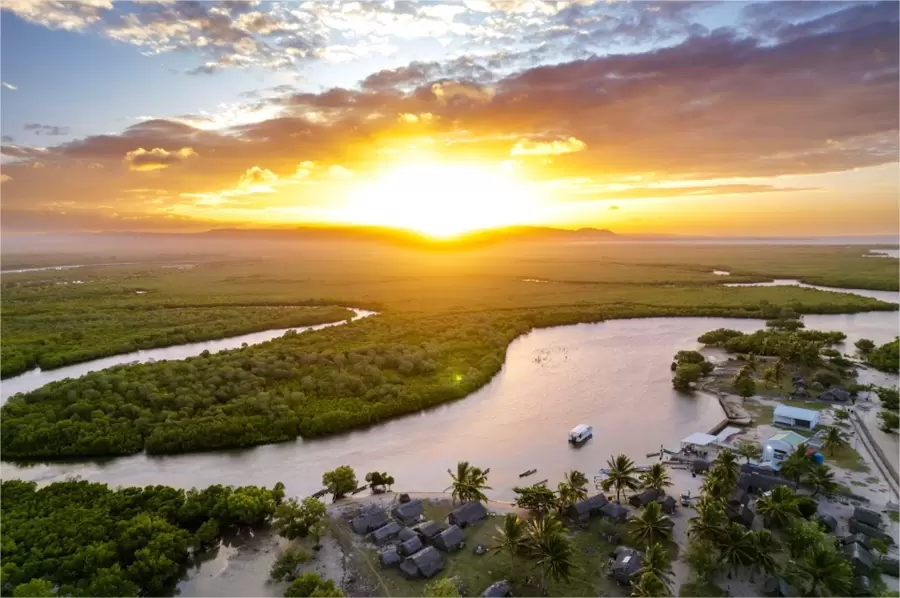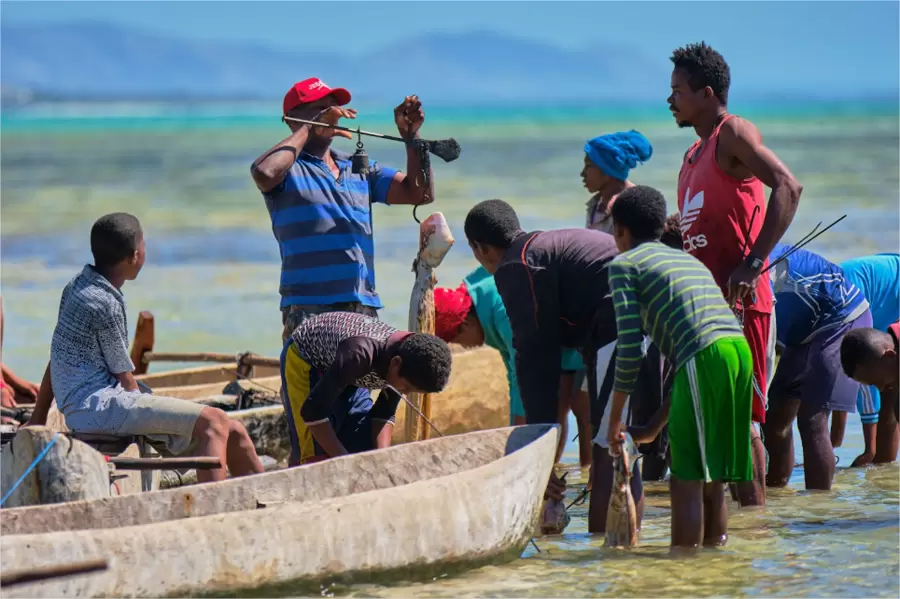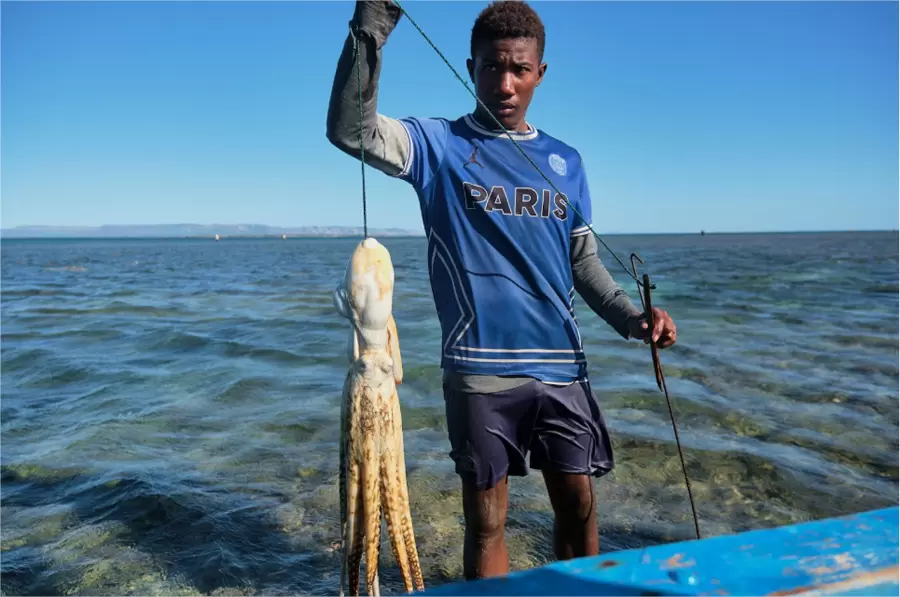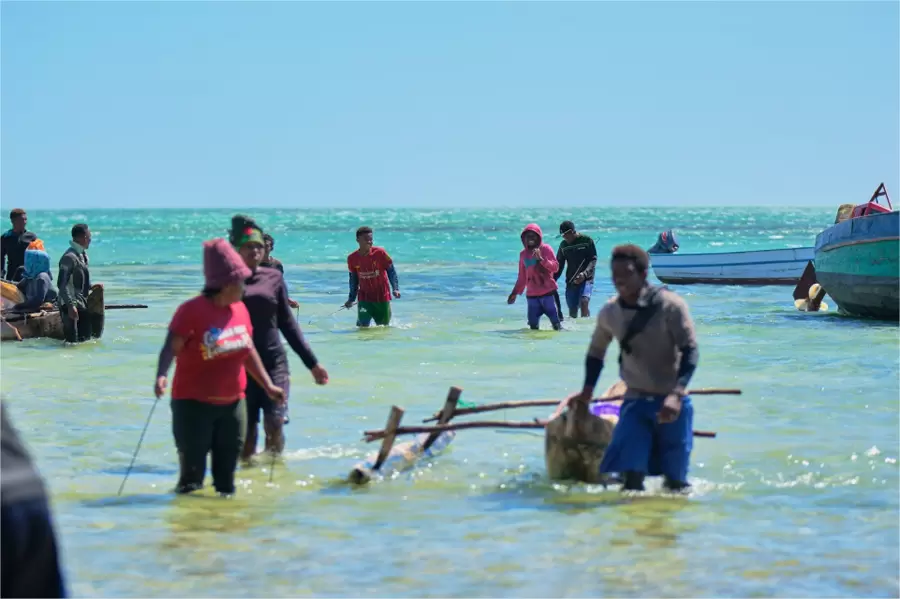
In northeastern Madagascar, fishermen from Loky Manambato have just reopened octopus fishing after a closed season aimed at preserving the resource. The results have been impressive since the first day: 6.6 tons were harvested, proof that this community-based management model is bearing fruit.
"We were able to harvest so much because we respected the closure," explains a fisherman from the local federation. "We now know that letting the sea rest allows us to live better afterwards."
For several years, Fanamby has been supporting the communities of Loky Manambato towards shared governance of marine resources . Here, there are no externally imposed rules: the association focuses on empowering fishermen for sustainable management.
In collaboration with fishing associations , Fanamby has, since 2021, implemented clear rules guaranteeing the sustainability of marine resources. Everyone has a role to play:
- Fanamby trains and equips fishermen while developing fishing areas (installing bedding, waste management, etc.). Two weeks before the opening of the octopus fishing season , it also organizes a meeting to remind people of the essential rules.
Fishing associations , for their part, are committed to respecting these rules and passing on good practices to new generations to ensure sustainable fishing.

A model based on local governance
In Loky Manambato, fishermen are not just beneficiaries of conservation projects: they are their main stakeholders. Organized into a federation, they themselves define closed seasons and fishing rules, in consultation with local authorities and conservation teams.
One of the pillars of this community management is the monitoring of marine areas. As one federation official explains: "We conduct regular patrols, and we have established rules that everyone must respect. If someone fishes in a closed area, they have to answer to the community."This governance system is based on a balance between traditional knowledge and conservation imperatives. Decisions are made collectively, and everyone is involved in their implementation.

An economic dynamic in motion
The results of these efforts are an average income of 4,250,000 ar per year per fisherman for octopus fishing. At the same time, the tahirin-daoka brings in an income of 3,600,000 ar per association.
Beyond resource conservation, this model has tangible impacts on the incomes of local communities. With increased catches during fishing season openings, families in Loky Manambato have better sources of income.
However, the success of this approach does not mean that it is without challenges. In Nosy Satrana, tidal conditions have limited catches , highlighting the need to adapt the model to local realities.
For Fanamby, the key to success lies in flexibility. "We analyze the results after each opening, and we adjust the measures based on fishermen's observations," explains a member of the conservation team.
An example for other areas of Madagascar?
With these encouraging results, Loky Manambato could inspire other regions of Madagascar facing overexploitation of their marine resources.
Experience shows that local and participatory management can reconcile conservation and economic development , provided that communities are fully involved."Before, we fished randomly. Now, we have a system that allows us to have more octopus, more money, and a healthier sea," concludes one fisherman.
